The University pilot program Operation Gopher Guardian, which added police near campus on weekend nights, ended last weekend, leaving mixed reactions amongst parents, students and politicians.
Myron Frans, senior vice president of finance and operations at the University, said Operation Gopher Guardian was implemented due to the general increase in crime and campus and the firework incidents from the weekend before Halloween, which left some students with physical injuries and mental trauma
The program brought 10 police officers from University of Minnesota Police Department (UMPD) and Minneapolis Police Department (MPD) to the area. The University paid additional officers overtime.
“We just felt it was important to come in right away and make a statement and try to get things quieted down, so it didn’t develop into an ongoing problem,” Frans said.
Frans said the results from the program are still being analyzed.
Operation Gopher Guardian was similar to city-wide program
In late September, Minneapolis officials launched Operation Endeavor, a new effort to reduce crime in the city. The city partnered with the Hennepin County Sheriff’s Office, the state Department of Public Safety and federal agencies to send more patrols to areas with disproportionately high reports of gunfire, shootings and carjackings.
After a month of being in operation, city leaders said they saw gun-related calls decrease 30%, shooting victims down 29% and carjackings down 65% compared to last 2021.
Frans said after talking to Minneapolis leaders and observing how successful Operation Endeavor was after 30 days, the idea formed to implement a similar initiative at the University.
“We don’t have the numbers yet, but things went very well,” Frans said. “It was really a partnership with the MPD, the state of Minnesota Department of Public Safety and our UMPD.”
Students report mixed feelings about more police
The University announced in May 2020 it would no longer contract with MPD for large events or specialized services after former MPD officer Derek Chauvin killed George Floyd.
MPD still participated in joint patrols and investigations with UMPD, but the partnership was not reinstated until late August when MPD began patrolling on- and off-campus neighborhoods with UMPD and the Hennepin County Sheriff’s office.
Cal Mergendahl, a first-year graduate student at the University, said they think the University should have consulted students before implementing the Gopher Guardian program.
Mergendahl said they feel the University should have better communicated where funding for Operation Gopher Guardian came from, especially if student tuition dollars were used.
Frans said the funding for Operation Gopher Guardian came from the UMPD budget, but the University cannot afford to continue funding overtime for the MPD officers who came to campus.
Frans said he thinks partnering with MPD is the “right thing to do,” and the University should do what it can to continue implementing structures for increased safety moving forward.
“Until [MPD] has really turned itself inside out to make itself accountable to the needs of the people that it’s supposed to be protecting and serving, I really don’t see it as something I would be comfortable with,” Mergendahl said. “And I’m sure many people on campus feel the same way,”
Frans said the University is requesting funding from the state Legislature to improve safety infrastructure with hopes that if the security on campus improves, police will be able to respond faster to actual emergencies.
Mergendahl said they know crime is a problem but that as a queer person, the police make them feel uncomfortable rather than safer.
“I understand that there are [safety] risks,” Mergendahl said. “But at the same time, I also know that I’ve had some reasons to really not be super trusting of police officers, to not necessarily see them as the instantaneous best solution to an issue.”
Leah Zhu, a third-year at the University and chair of the Undergraduate Student Government’s Campus Safety Task Force (CSTF), said Operation Gopher Guardian made her feel safer.
She acknowledged other students may feel uncomfortable with the increased police presence, but having extra officers near her home gave her relief.
Zhu said she approves of the University’s partnership with MPD overall, and the CSTF, which is new this year, has formed a good relationship with the department
However, she said she hopes the University will try to implement other safety measures before relying on more police.
The task force has been focusing on training and providing resources to students, such as giving additional context to SAFE-U alerts so students know what areas to avoid and giving student feedback on the University’s 624-WALK program.
“We are looking to find alternative ways that we can work with [MPD] to improve campus safety measures on campus without necessarily going so far as to request additional police presence,” Zhu said.
Parent and city council member say students should trust and respect police
Brian Peck, a parent of a University student and board member for the Campus Safety Coalition (CSC) nonprofit that has been advocating for increased safety measures near the University, said he thinks the additional officers near campus are “awesome.”
Peck said he supports holding “bad police” accountable but challenges people who do not want more police to come up with alternative ideas to maintain “law and order.”
Ward 3 City Council Member Michael Rainville, who represents the Marcy-Holmes neighborhood, said the city is working to reform MPD while cracking down on violent crime.
Rainville said new MPD Chief Brian O’Hara is helping the city ensure officers are law-abiding and respectful.
Operation Gopher Guardian “is one of the many ways that we’re going to get the University back to the safety it deserves, and we’re going to learn a lot from it,” Rainville said.
Rainville said he does not understand why the extra police presence over the past two weekends with Operation Gopher Guardian would make students feel uneasy. He said MPD and UMPD need to crack down on crime to protect the public.
“This is a chance for students to take part in the reimagining of policing in Minneapolis,” Rainville said. “You could start by doing simple gestures such as waving hello to the police and encouraging them and being vocal to City Council members.”


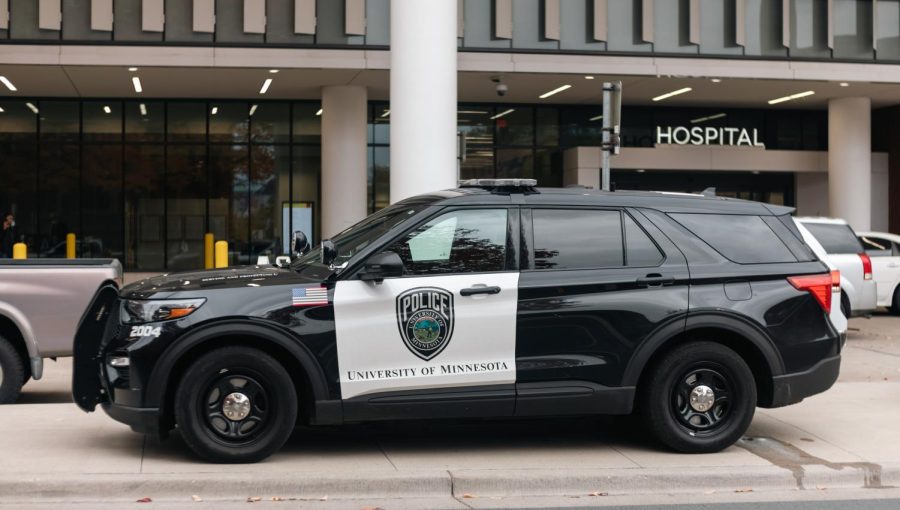
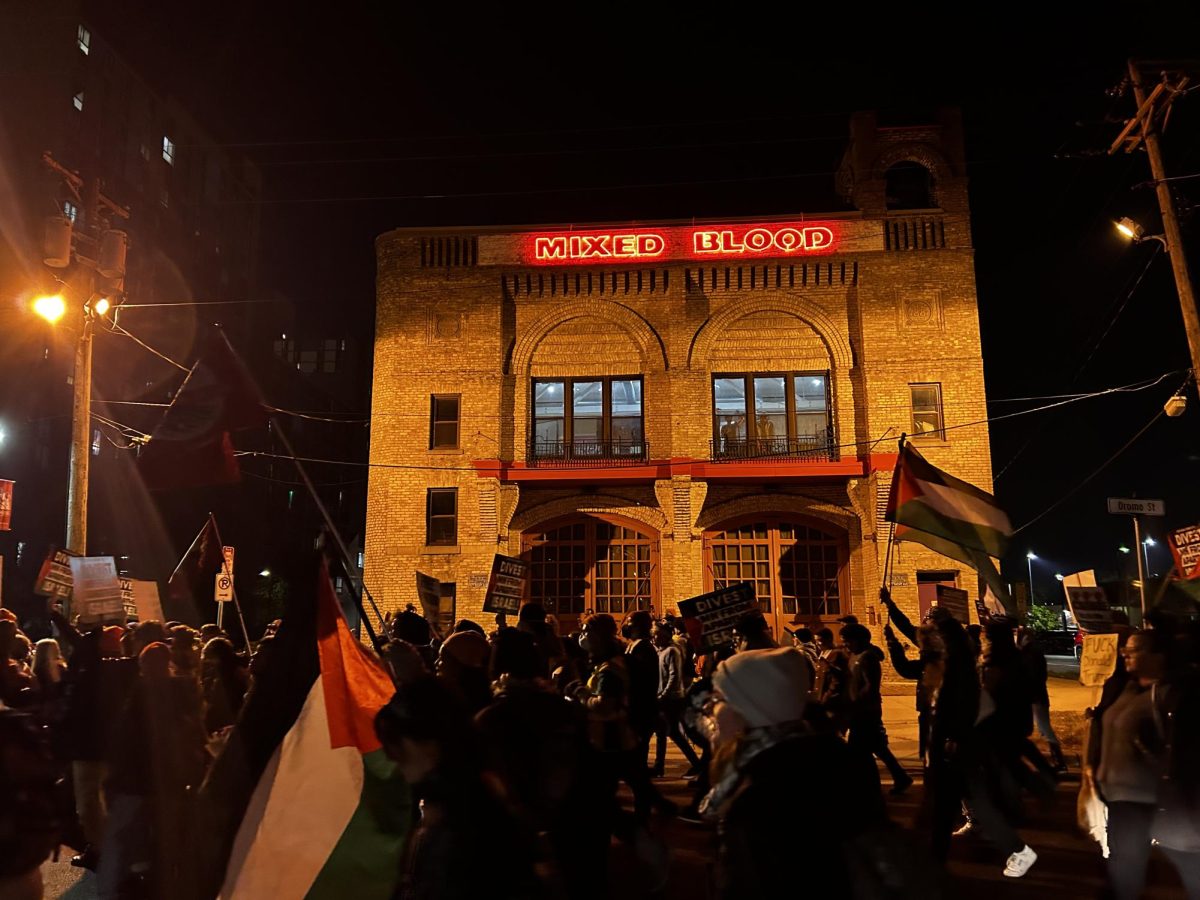
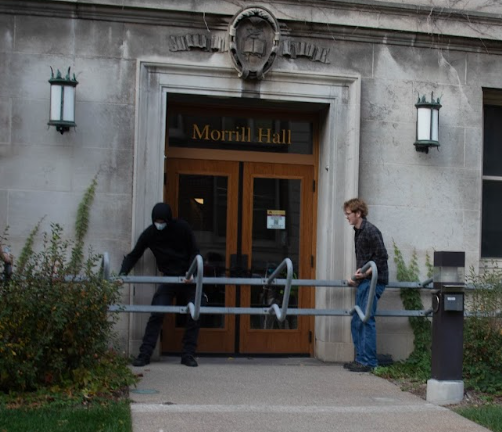
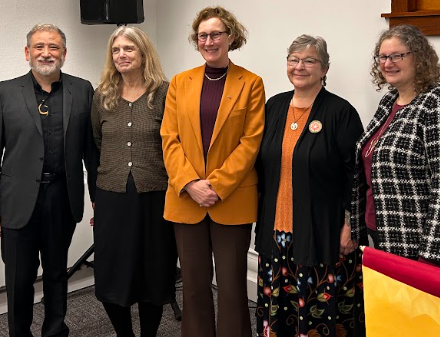

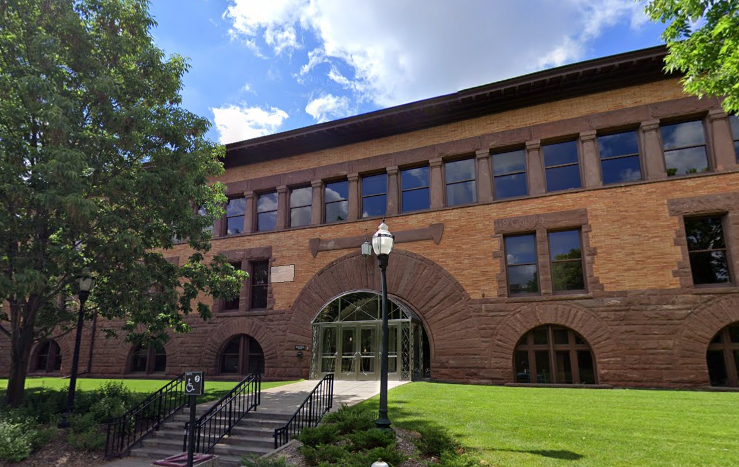
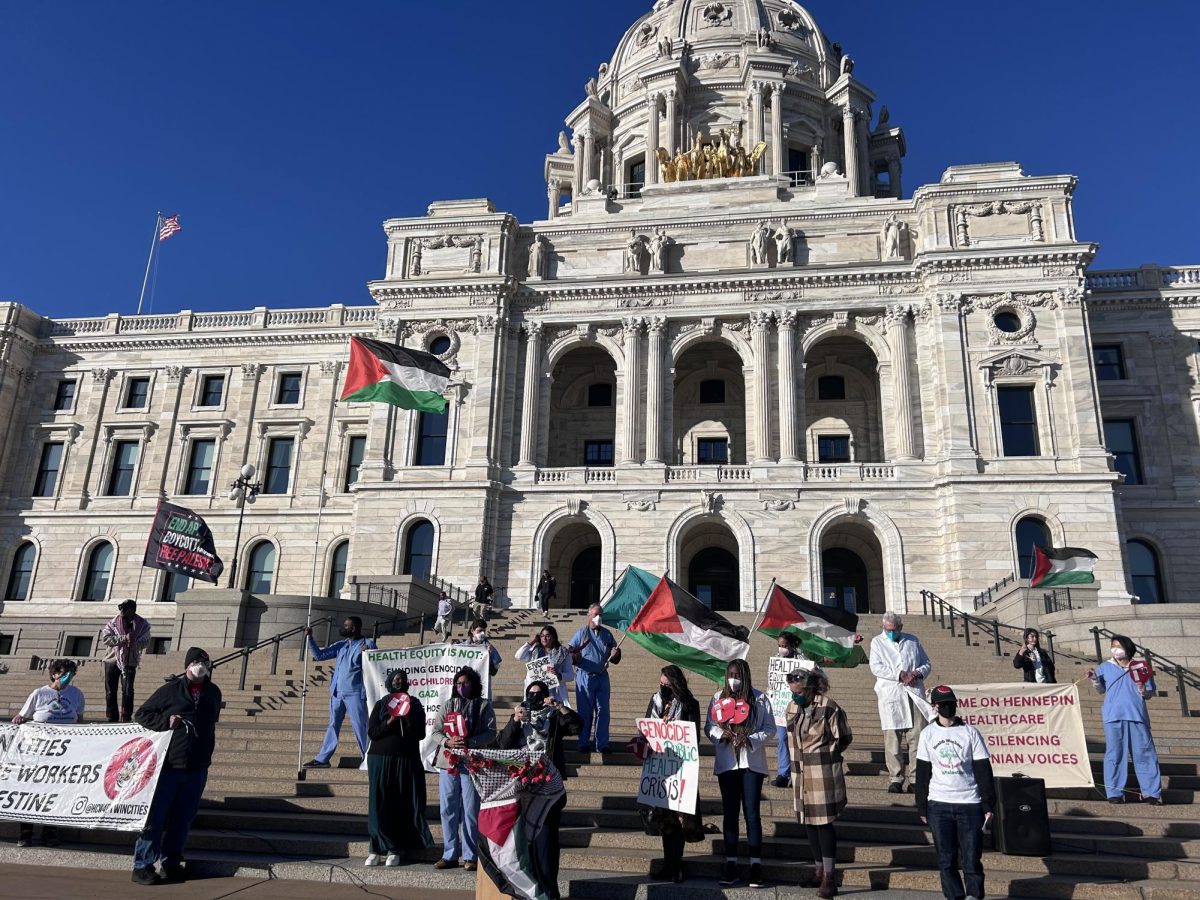
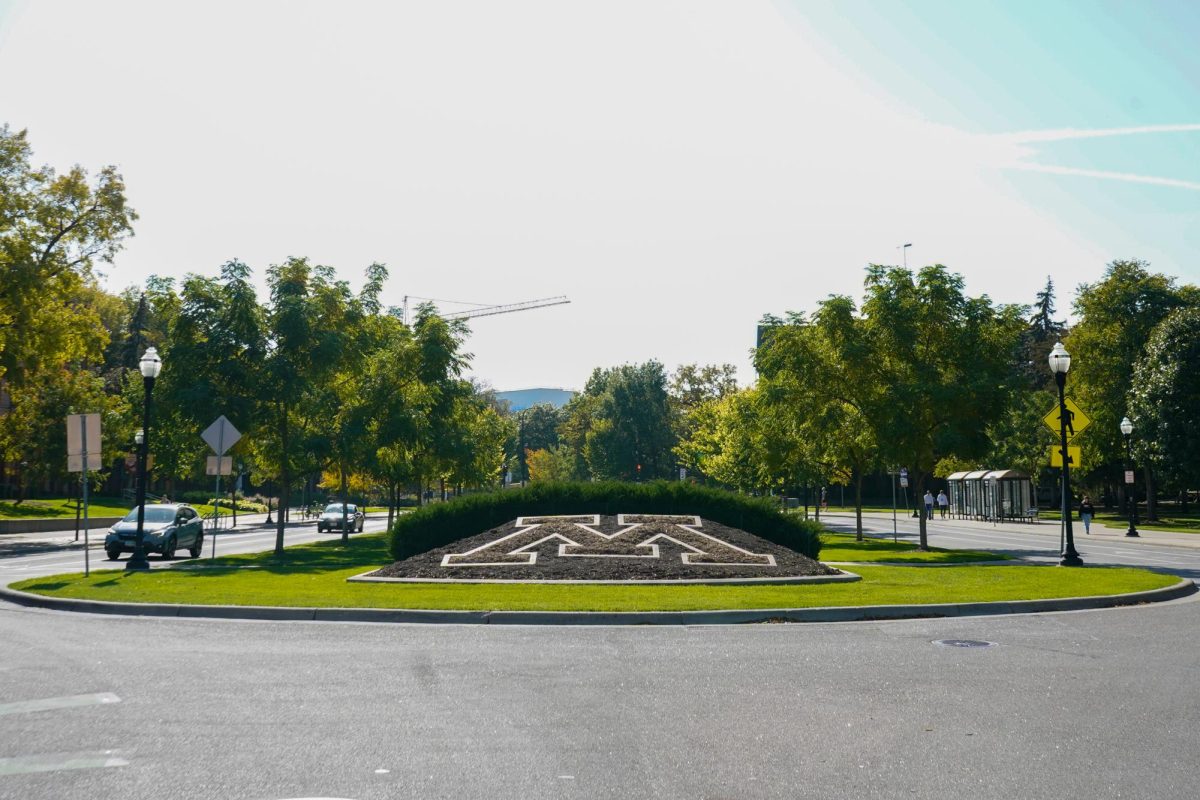
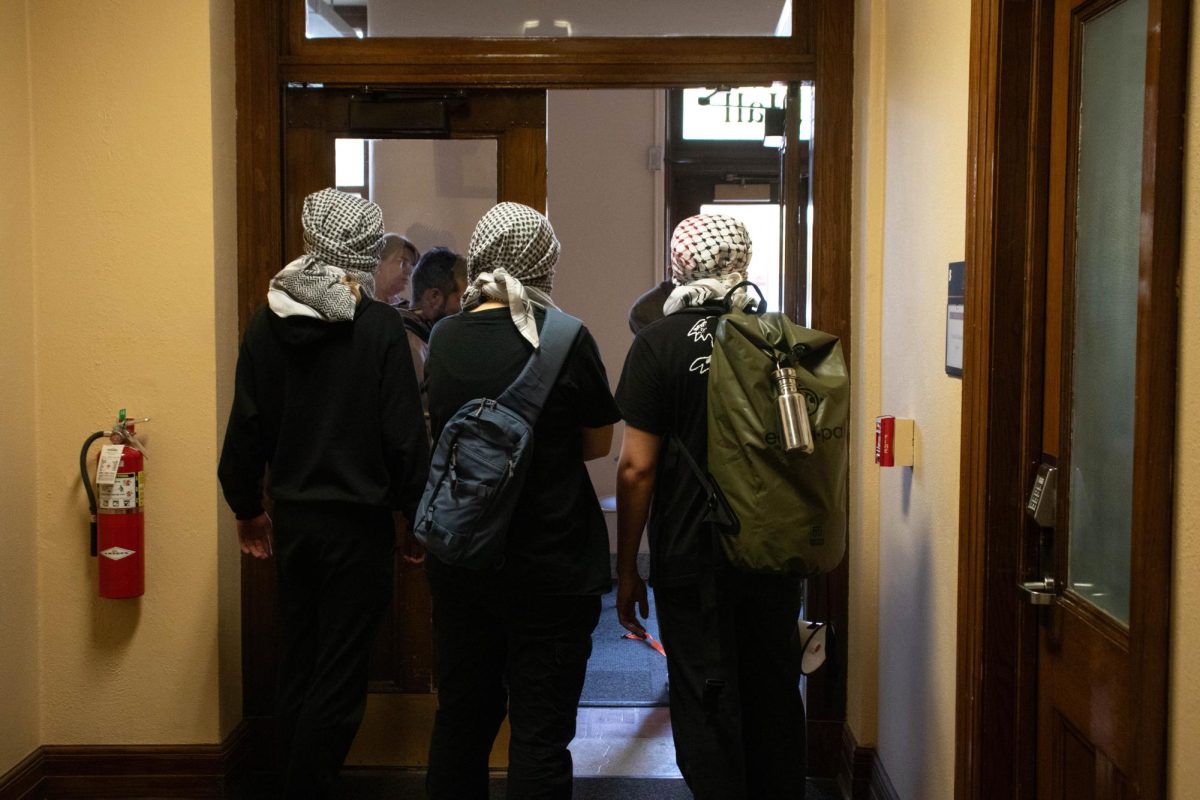
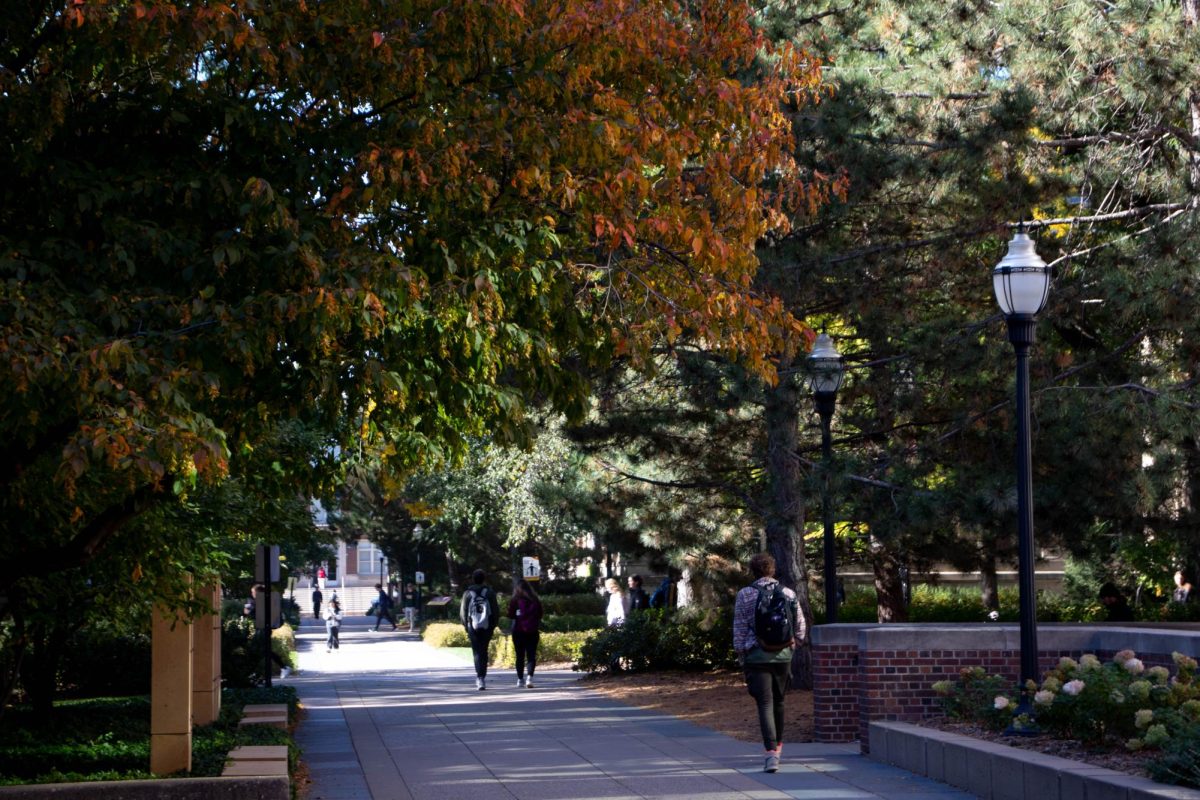

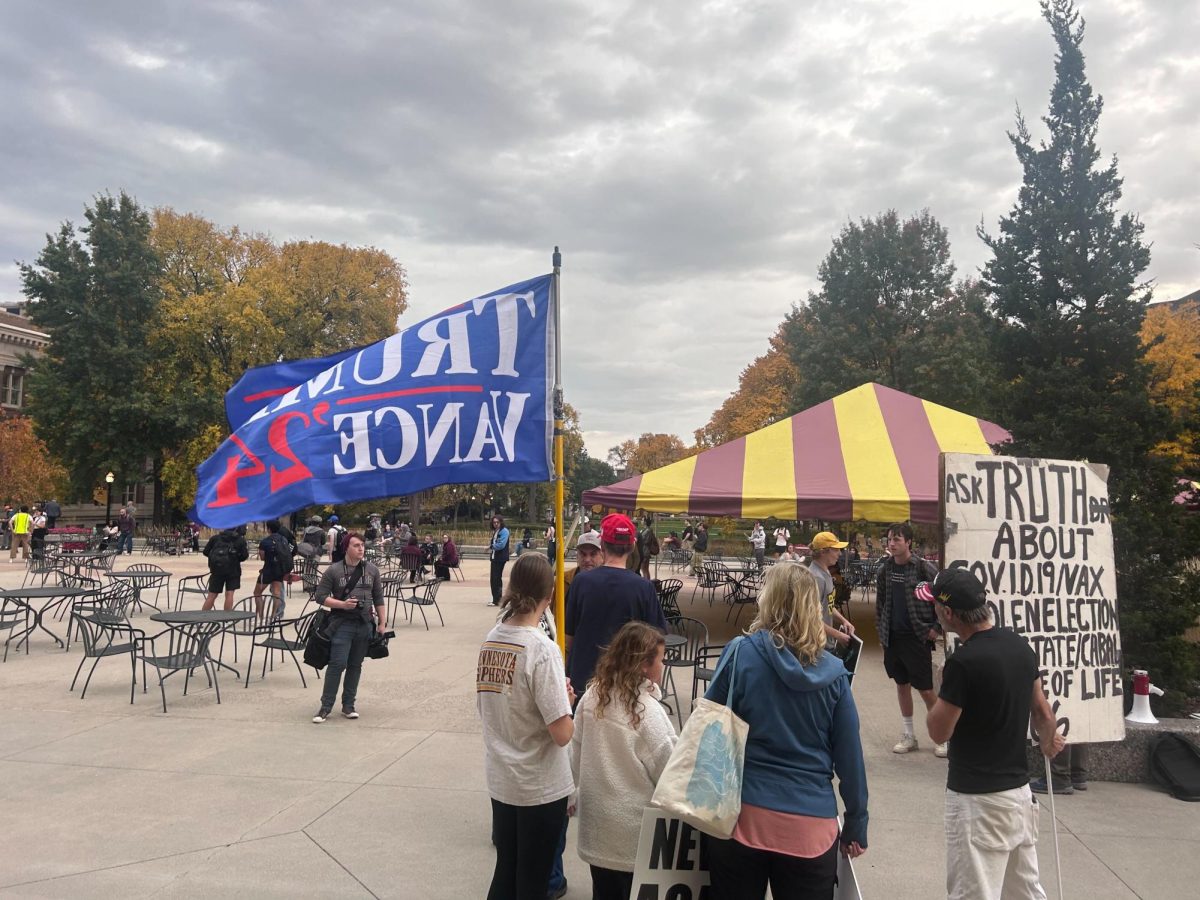
Nah
Nov 21, 2022 at 12:28 pm
The only ones who were “concerned” are the usual douchebags from DSA.
No reasonable person on earth cares what these people have to say.